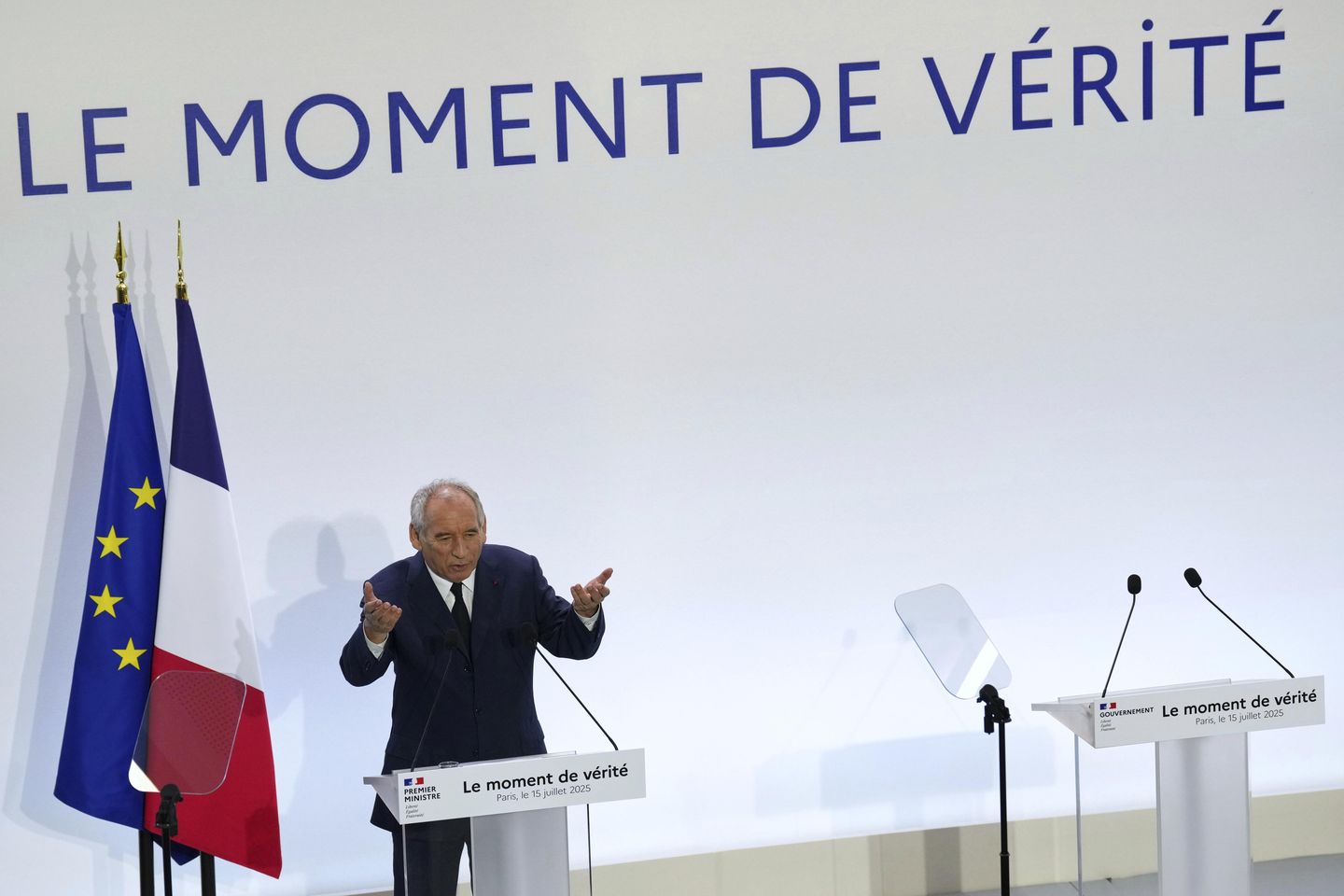
European politicians and industries were happy to avoid a trade war with the U.S. but aren’t thrilled with the terms of the truce, saying the bloc capitulated to President Trump and tariffs will hold them back.
French Prime Minister Francois Bayrou was among the most scathing Monday, after France had urged the EU to take a hard line and protect its interests.
“It’s a dark day when an alliance of free peoples, united to assert their values and defend their interests, resigns itself to submission,” he posted on X.
France’s European affairs minister, Benjamin Haddad, said the deal provided only temporary stability and was “unbalanced,” while the Federation of German Industries (BDI) said it was an “inadequate compromise” that sent a “disastrous signal.”
Mr. Trump and European Commission President Ursula von der Leyden announced the accord in Scotland on Sunday after intense negotiations to avert Mr. Trump’s threat to slap a 30% tariff on EU goods, and possible retaliation by Europe that would have led to a trade war.
The deal will open up European markets to U.S. goods and place a 15% tariff on EU products sold in the United States.
SEE ALSO: Trump, EU strike mega deal, avert trade war
Under the EU deal, Mr. Trump said, tariffs on many U.S. goods would be cut from less than 3% to zero. Full details of the accord were not immediately available.
“Donald Trump did not reach an agreement with Ursula von der Leyen, but rather Donald Trump ate Ursula von der Leyen for breakfast,” Hungarian Prime Minister Viktor Orbán, a longtime Trump ally, said in a Facebook livestream.
The trade deal with the EU is among a slew of new trade agreements announced by Mr. Trump in recent days as he seeks to rebalance global trade terms that he said have economically damaged the United States for decades.
The U.S. goods trade deficit with the EU was $235.6 billion in 2024, a 12.9% increase over 2023, according to the office of the U.S. Trade Representative.
Some European leaders were measured in their appraisal of the deal.
“I consider it positive that there is an agreement, but if I don’t see the details, I am not able to judge it in the best way,” Italian Prime Minister Giorgia Meloni said.
Ms. Meloni said a 15% tariff would be “sustainable” and the deal “ensures stability.”
Irish Prime Minister Micheál Martin said the deal would protect jobs in his country. “The negotiations to get us to this point have been long and complex, and I would like to thank both teams for their patient work,” he said.
Dutch Prime Minister Dick Schoof said he was thankful for what EU negotiators were able to get.
“Of course, no tariffs would have been better,” Mr. Schoof posted on X, “but this agreement provides more clarity for our businesses and brings more market stability.”
Russia, meanwhile, seemed to relish the deal as a destabilizing force for Europe.
“Of course, this will be a very strong blow, first of all, to energy prices and the outflow of investments for European industry and European agriculture,” Foreign Minister Sergey Lavrov said at a youth conference.
• Susan Ferrechio contributed to this report.










